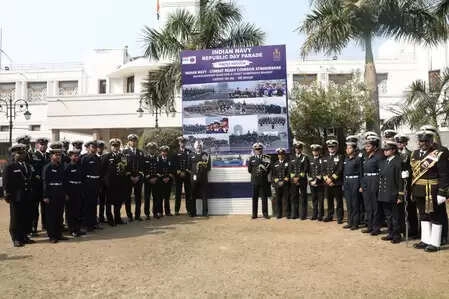India has a vested interest in closely monitoring the developments in Myanmar’s Rakhine State due to a combination of historical, geopolitical, and humanitarian factors. Rakhine State, located on the western coast of Myanmar, has been the epicenter of a long-standing conflict involving the Rohingya Muslim minority and the predominantly Buddhist population. This conflict has led to significant humanitarian crises, prompting mass migrations and refugee flows into neighboring countries, including India. With a shared border and historical ties, India is particularly concerned about the implications of instability in Rakhine for its own security and regional dynamics.
The situation in Rakhine State has broader geopolitical implications for India as well. The rise of China as a dominant player in Myanmar and its increasing influence in the region poses a challenge to India’s strategic interests. New Delhi aims to counterbalance China’s influence by strengthening its own ties with Myanmar and other Southeast Asian nations. Observing the developments in Rakhine is crucial for India’s broader “Act East” policy, which seeks to enhance economic and strategic partnerships with countries in the Asia-Pacific region. Any escalation of violence or instability in Rakhine could disrupt trade routes and impact India’s connectivity initiatives with Southeast Asia, such as the India-Myanmar-Thailand trilateral highway.
Moreover, the humanitarian aspect cannot be overlooked. The plight of the Rohingya remains a pressing issue, with thousands still displaced and living in dire conditions. India has been actively involved in providing humanitarian assistance to the Rohingya refugees who have crossed into its territory, emphasizing the need for a sustainable solution to the crisis. The Indian government must navigate the complexities of this situation, balancing its national interests with moral responsibilities toward those affected by the conflict. As a responsible regional power, India is expected to advocate for peace and stability in Rakhine, while simultaneously ensuring that its own security concerns are addressed.
In summary, India’s keen interest in the developments in Myanmar’s Rakhine State stems from a blend of security, geopolitical, and humanitarian considerations. The ongoing conflict and its repercussions extend beyond Myanmar’s borders, impacting regional stability and India’s own strategic initiatives. As India continues to engage with Myanmar and the Rohingya crisis, the nation must adopt a comprehensive approach that addresses both the immediate and long-term challenges presented by the situation in Rakhine State. This multifaceted engagement is essential not just for India’s interests, but also for fostering a peaceful and stable regional environment.




